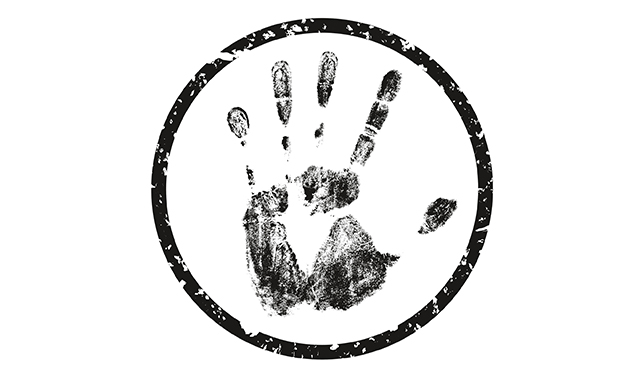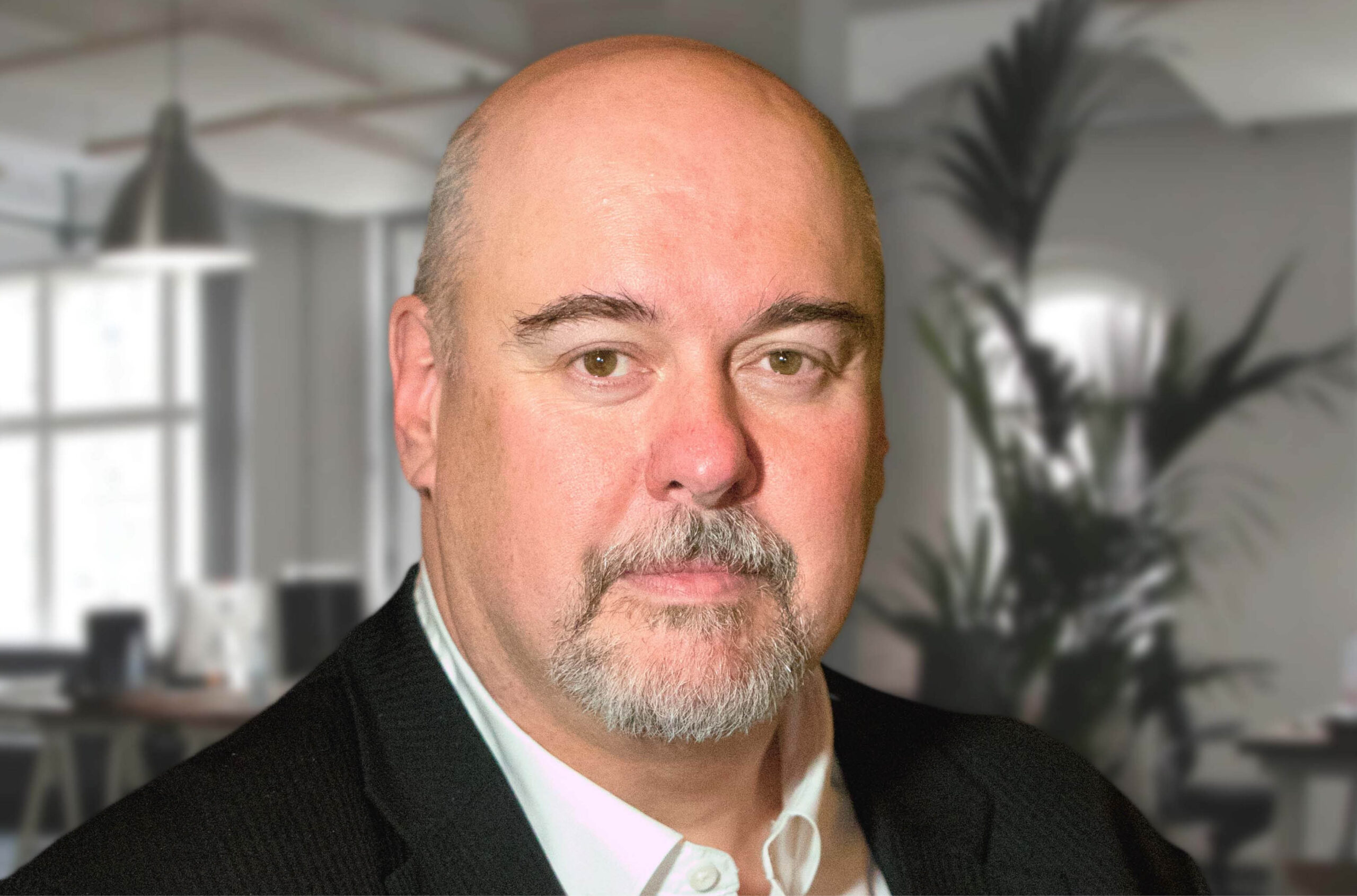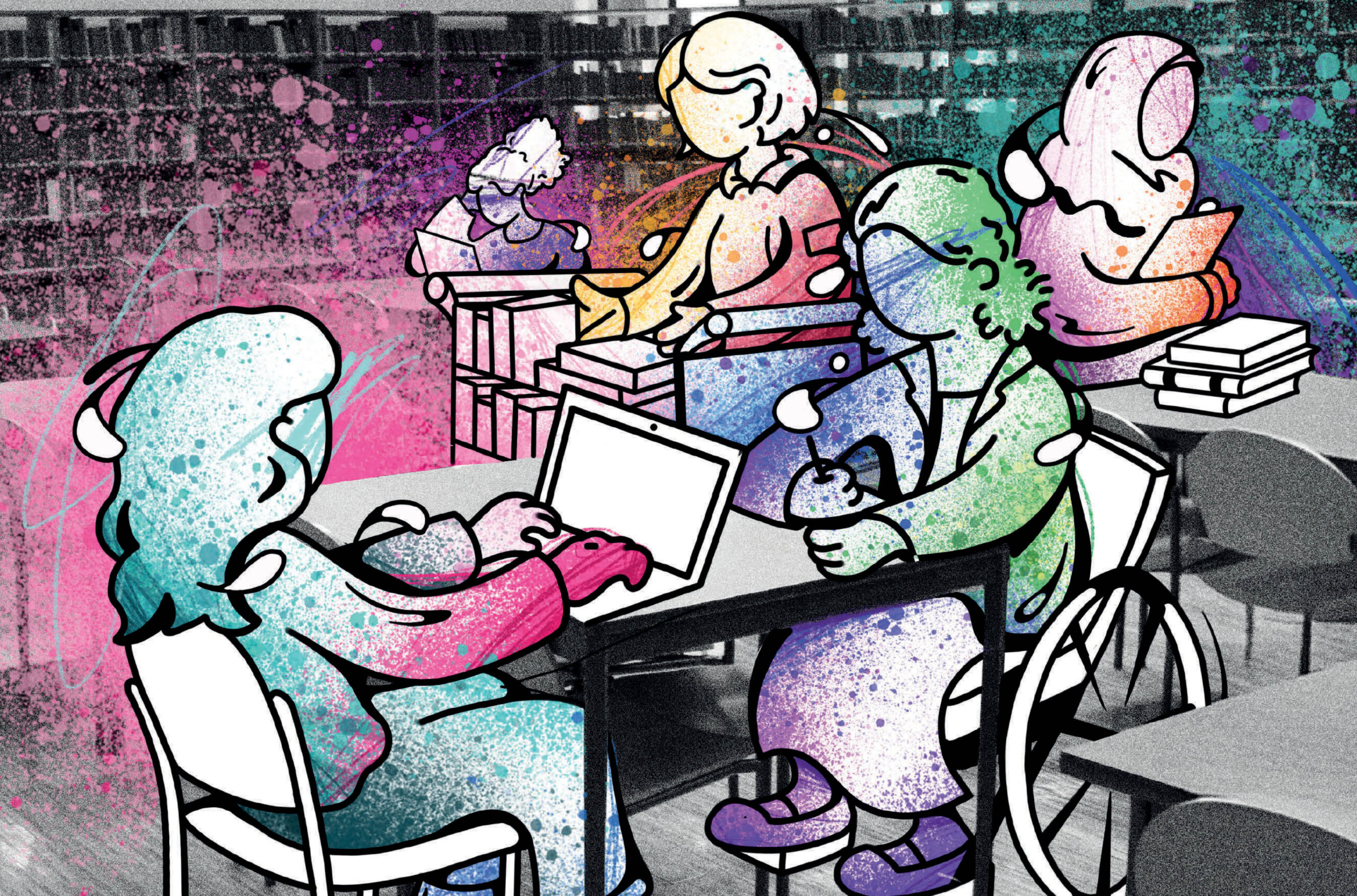We must speak out against racism
We cannot sit passively by and let the seeds of hatred that have been sown to flourish.

The recent events in Charlottesville, Virginia have shown us all the mobilized, organized and bellicose realities of white supremacy.
I saw photos of Deandre Harris beaten with poles by a group of white supremacists while he was bracing himself, surrounded, on his hands and knees. I was told there were some skirmishes.
I watched a vehicle plow into a crowd of people, killing one woman and injuring almost 20 others. I read online that there were some scuffles.
I saw white supremacists chant Nazi slogans – “blood and soil” and “one people, one nation, end immigration” – as they marched through the University of Virginia campus.
I thought for a brief moment, “Where are the police?” then worried about who they might help because we’ve witnessed so many examples of police-sanctioned murder of black people.
I read the Mayor of Charlottesville’s powerful and thoughtful statement, and then wondered why the violence continued.
I heard again comments about freedom of speech as I watched white supremacists wield sticks, clubs and guns.
I watched a CNN commentator tell a black woman to “just shut up” while he defended the white supremacist riot on Charlottesville.
People were pressured to name what was happening and many chose not to say the words: white supremacy, Nazism, racism, hate and bigotry. Others pointed to these things, but refused to connect the sown seeds of sanctioned hate that have stoked the fire of bigotry.
I have been asked to respond to hate with love. What does that mean? Should I bake a cake for a white supremacist?
What is so often very frustrating is that, for a very long time now, many observers have been focusing on freedom of speech rather than hatred and bigotry; on the loss of white privilege and not the violence of racism; on entertaining “alt-right” white supremacist arguments, forums, rallies and debates out of fear that one will be targeted as a suppressor of free speech. I have been told that to speak out against these positions might create a chilling effect on academic freedom, that when someone defends the alt-right they should not be dismissed as a bigot – they are just worried about “their jobs.”
Those of us who are very concerned, and have been for a long time, are not confused by the double play of meanings. We have seen and experienced the insulting, overt aggression that is openly condemned while the foundational bases for hate-positions are openly permitted.
When we see and name things for what they are, we can do something more. We can choose to listen to those who have been on the receiving end of this hatred for generations and act on their recommendations for change.
As Ryan Scrivens and Barbara Perry have published in the Canadian Journal of Criminology and Criminal Justice, recommendations for challenging right-wing extremism include: “responding to and countering hate speech,” “supporting and empowering victims” by “including effected groups in relevant conversations,” and “pushing public agencies to act.” The Southern Poverty Law Centre also posted a resource for countering white nationalism on campus.
These are difficult times but they are not new. Many are tired and targeted. But, continuing to support one another must also mean never passively letting anything slide. We must be able to name overt acts of white supremacy that many publicly sanction, while not simultaneously sanctioning policies and practices that make those positions acceptable on a daily basis.
This hatred and bigotry is hurtful and violent, and to face it is to also name how we have been enabling these threats to us all.
Ameil Joseph is an assistant professor in the school of social work at McMaster University.
Featured Jobs
- Canada Excellence Research Chair in Computational Social Science, AI, and Democracy (Associate or Full Professor)McGill University
- Psychology - Assistant Professor (Speech-Language Pathology)University of Victoria
- Business – Lecturer or Assistant Professor, 2-year term (Strategic Management) McMaster University
- Veterinary Medicine - Faculty Position (Large Animal Internal Medicine) University of Saskatchewan
- Education - (2) Assistant or Associate Professors, Teaching Scholars (Educational Leadership)Western University















Post a comment
University Affairs moderates all comments according to the following guidelines. If approved, comments generally appear within one business day. We may republish particularly insightful remarks in our print edition or elsewhere.
2 Comments
People who disagree with current refugee/immigration activities are not all neo-Nazis, just as people protesting against racism are not all masked black bloc thugs who attacked police inexplicably in the name of fighting racism.
There is a deep polarization that is resulting in the complete inability to even attempt to empathize or communicate with people possessing different views. Why do people feel the need to physically attack or intimidate those with different opinions?
I was raised and taught at school that everyone was equal. This apparently isn’t good enough now, where people want to enforce the ideas that some are more equal than others and a good portion of Canadians must accept a notion equivalent with Original Sin.
I’ll just keep my head down and leave the vocal extremists to speak out against racism, because no one wants to hear a moderate these days, it’s just not good enough and my career would be in jeopardy if I suggested things such as communication, empathy, and tolerance for those with different opinions.
Check out this new book from Peter Lang Publishing:
RIP Jim Crow: Fighting Racism through Higher Education Policy, Curriculum, and Cultural Interventions.
Available on Amazon.